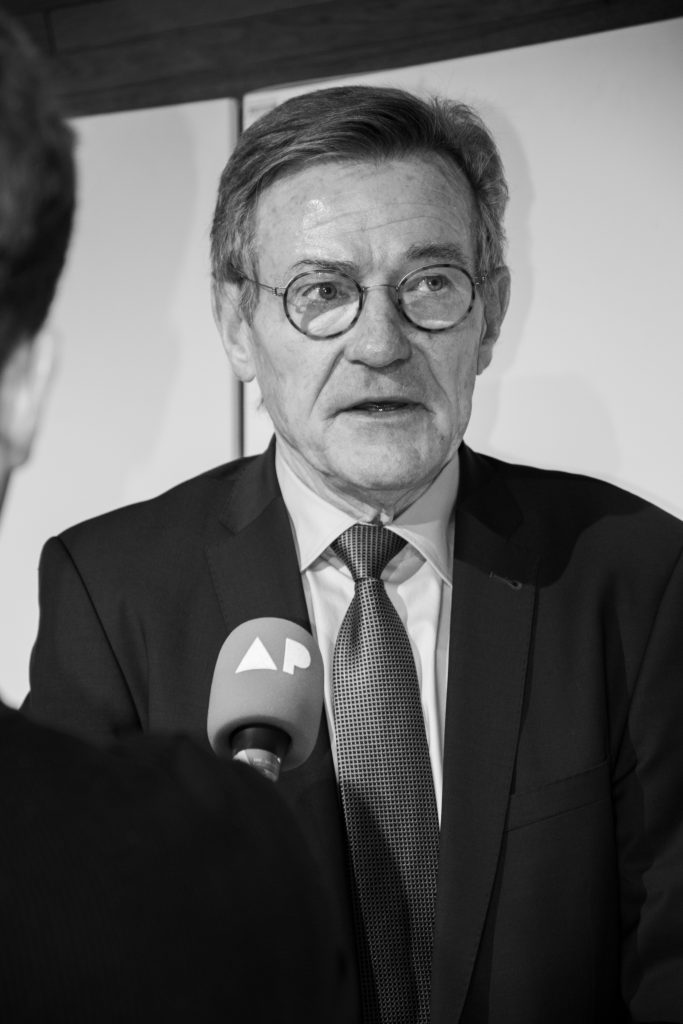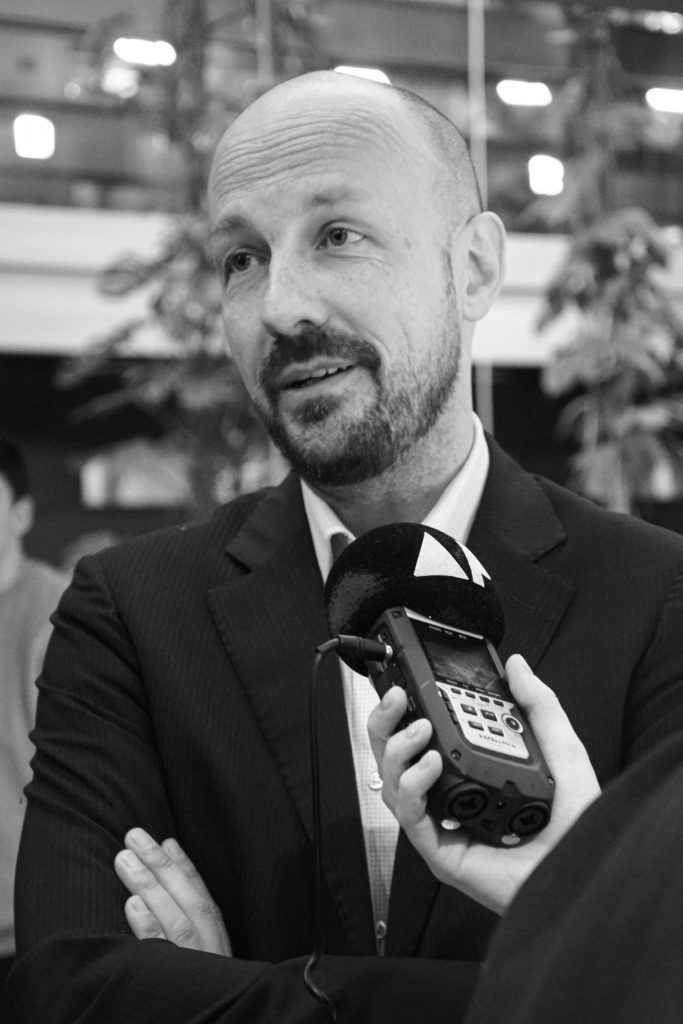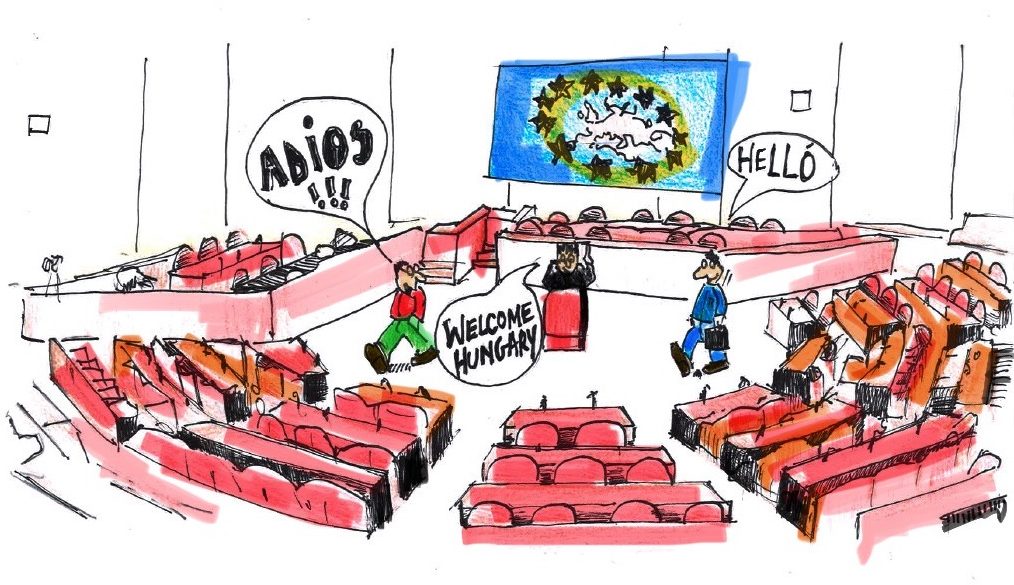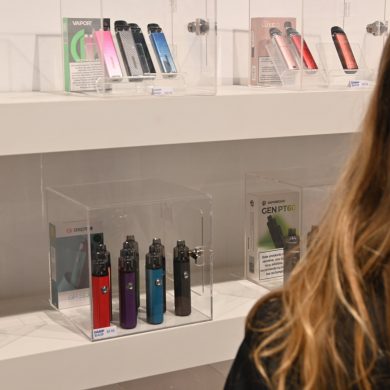Belgium will be holding the presidency in January 2024. It will be the 13th time that our country takes on this responsibility. The presidency of the Council of the European Union is an important role that each member state takes turns. But what does the presidency involve and what topics are on the agenda?
Before reading on, it is useful to understand what the Council of the European Union is. The Council is one of the main institutions of the EU. It represents the 27 member states and makes the EU policies. Sharing legislative and budgetary powers with the European Parliament is also one of the permanent responsibilities.
The EU presidency rotates every six months among the EU member states. The responsible country chairs meetings, sets the agenda, facilitates negotiations and represents the Council externally. The leading member plays a crucial role in advancing discussions, setting up compromises and driving the EU’s agenda.
But the parliament doesn’t make new laws all by itself. For that, negotiations between different European institutions are very important. The European Parliament can initiate discussions based on a committee report or a general position. In these discussions, the Parliament, the Council and the Commission negotiate legislative proposals. Johan Van Overtveldt (N-VA) tries to briefly explain how these so called ‘trialogues’ work.
Belgium Steering the Ship

From January 1st to June 30th 2024, Belgium will be in charge of leading the Council of the European Union. This means the Belgian politicians will decide what topics should be discussed and what important decisions for the EU should be made. Prime Minister Alexander De Croo mainly wants to focus on the well-being of the future generations in all the member states of the European Union.
More information? Click on the logo
One of the topics Belgium will take care off is strengthening security, defence and migration. The war in Ukraine shows that peace in Europe can’t be taken for granted, neither can the conflict between Israel and Palestine. That’s why working together on security and defence is crucial for the EU’s wealth. Belgium also believes in managing migration in an organized and humane way.
Furthermore, the upcoming president will work towards achieving the EU’s ambitious climate goals under the European Green Deal. This deal has been on the table for over five years and is an agreement between the EU member states to be climate neutral by 2050. It includes implementing measures to reduce greenhouse gas emissions, promoting renewable energy, and improving energy efficiency.
Lastly, our little country will try to promote social cohesion and inclusiveness inside the European Union. The leaders will do their best to ensure that the benefits of EU policies are shared fairly among all citizens. Within this goal, it is important to invest in education as well as supporting vulnerable groups, dealing with racism, poverty and other types of discrimination. To solve those problems, promoting social dialogue is necessary.
Of course, these are not the only important topics that Belgium will be handling. Therefore, we refer you to this official programme to read more about topics like transport, health, sports and many others.
A Long Way Back…
Belgium’s legacy in the presidency of the Council of the European Union spans over six decades, starting in 1958 as the first member state to take on this role. Fast-forward 66 years, Belgium is ready to embrace this role for the 13th time.
More information? Click on the dates
What’s on the EU’s Menu?
With a focus on finalizing numerous ongoing dossiers in the first months of the presidency, Belgium expects a challenging but impactful period. The goal is to address and finalize key issues on the EU agenda. Previously mentioned affairs of migration, public and cultural participation and climate change are high on the agenda. Johan Van Overtveldt of N-VA, Kathleen Van Brempt of Vooruit and Marc Botenga of PVDA reflect on the upcoming presidency with an outlook on these pressing topics.
A Future Given by Europe

Migration will be an important issue during Belgium’s presidency. The various migration crises Europe has experienced in recent years reinforce the need for a unified and strong pact to solve the migration problem. ‘The New Pact on Migration and Asylum’ should provide this. However, several important steps still need to be taken before the pact comes into effect, and Belgium, as the upcoming president, could play a crucial role in this.
Johan Van Overtveldt sheds light on the situation in this (explanatory) video.
Johan van Overtveldt, N-VA
Update, 20 December 2023
On December 20, 2023, an agreement was reached between the Council of the European Union, led by Spain, and the European Parliament regarding the New Pact on Migration and Asylum. Now, the law only needs to be voted on in the European Parliament, which is expected to be a formality.
Belgium will not have to take over Spain’s negotiating position. However, they still need to finalize and obtain approval for various subsidiary laws in the coming months, stemming from the New Pact on Migration and Asylum.
As president of the Council of the European Union, Belgium will have to take its responsibility to find consensus among European member states with the aim of translating the pact into practice. Migration will thus remain an important topic during the presidency.
The Art of Involvement
One of the key topics that will be introduced on the agenda is culture and public participation. This topic is essential for making the EU more democratic. Culture and public participation refer to the active involvement of citizens, organizations, and other stakeholders in the decision-making process of EU institutions, in this case, the Council.
By promoting culture and public participation, the EU aims to enhance its democratic legitimacy. This means that citizens and stakeholders could actively participate in shaping the policies and decisions that affect their country. This involvement ensures that everyone’s voice is heard and considered, making the EU more accountable and giving people a sense of ownership.
The topic of culture and public participation helps to inform citizens about the developments and initiatives that are being developed. When citizens are aware of what is happening within the EU, they are better prepared to participate in the democratic process. Having well-informed citizens is important, so all voices can be heard.
Not only that, but it also provides great insights and perspectives for the EU decision-makers. By involving citizens and stakeholders in the decision-making process, EU institutions will understand the necessities and priorities of the European people. This helps in creating policies and initiatives that better align with the needs of the citizens.
“If you want to get the trust from people, you must be honest and transparent. Today, the European institutions are not.”

Marc Botenga, PVDA
Marc Botenga (PVDA), a member of the European Parliament (MEP), believes that the EU needs to be more open and honest to improve citizen engagement. “I think the problem is the EU institutions, not the public. EU institutions are not transparent, they’re not honest in their communication” (quote from Marc Botenga). He also points out that the statistics the commission puts out to the public shows an unrealistic view of the EU and with a lot of mistakes. For example, people experience those statistics in another way, and sometimes can’t pay their bills, or they see their wages going down. The answer to this, according to Botenga, is for the EU to build trust and engagement with their citizens, needs to be more transparent and give reasons for people to trust them, not the other way around.
Including this topic in the Belgian Presidency agenda holds immense significance for the EU. It strengthens democratic legitimacy, keeps citizens and stakeholders well-informed, and provides a platform to allow them to actively shape the future of the European Union.
The Earth is Calling
Kathleen Van Brempt (Vooruit) has good faith in the Green Deal. Despite the rise of alternative agreements within the Climate Change topic, Van Brempt highlights the lasting importance of maintaining confidence in the Green Deal’s objectives and principles.
It’s a positive thing to see that climate change is getting more attention and that the European Union is working on agreements to address it. Belgian MEPs are clearly committed to the Green Deal for a sustainable future.
Marc Botenga (PVDA) forms a critical opinion on the future of climate change. As a returning and long-standing topic within the EU, Botenga believes important agreements should be made during Belgium’s turn leading the presidency. But is Belgium able to do that?
More information? Click on the link.
Wrapping Up: Final Thoughts and Reflections
As Belgium’s 13th presidency approaches, Belgium has gathered the right knowledge to achieve a good presidency. From January 2024, Belgium will have the opportunity to shape the EU agenda and to take important decisions on several issues. The agenda will include issues such as migration, public and cultural participation and climate change. But the Belgian representatives need to keep in mind, there might be some ongoing dossiers. We can already say, the presidency will be a challenging but influential one. As well, Johan van Overtveldt (N-VA) and Marc Botenga (PVDA) say there are still difficult tasks ahead, such as dealing with the migration pact and ensuring transparency and trust in the EU institutions. But overall, the Belgian presidency will play an important role in formulating compromises and achieving the set goals. Whether this is possible remains to be seen after the presidency.




